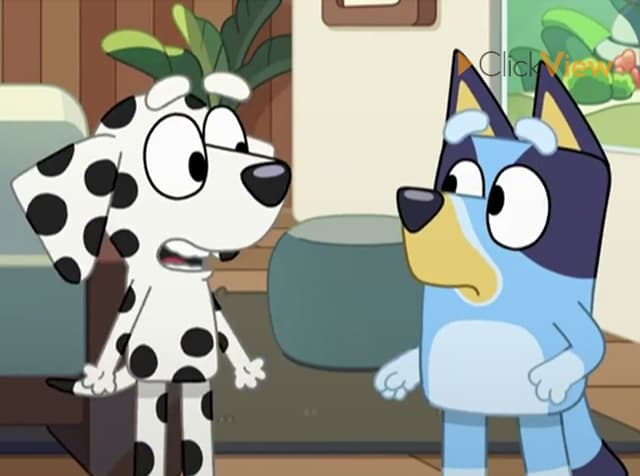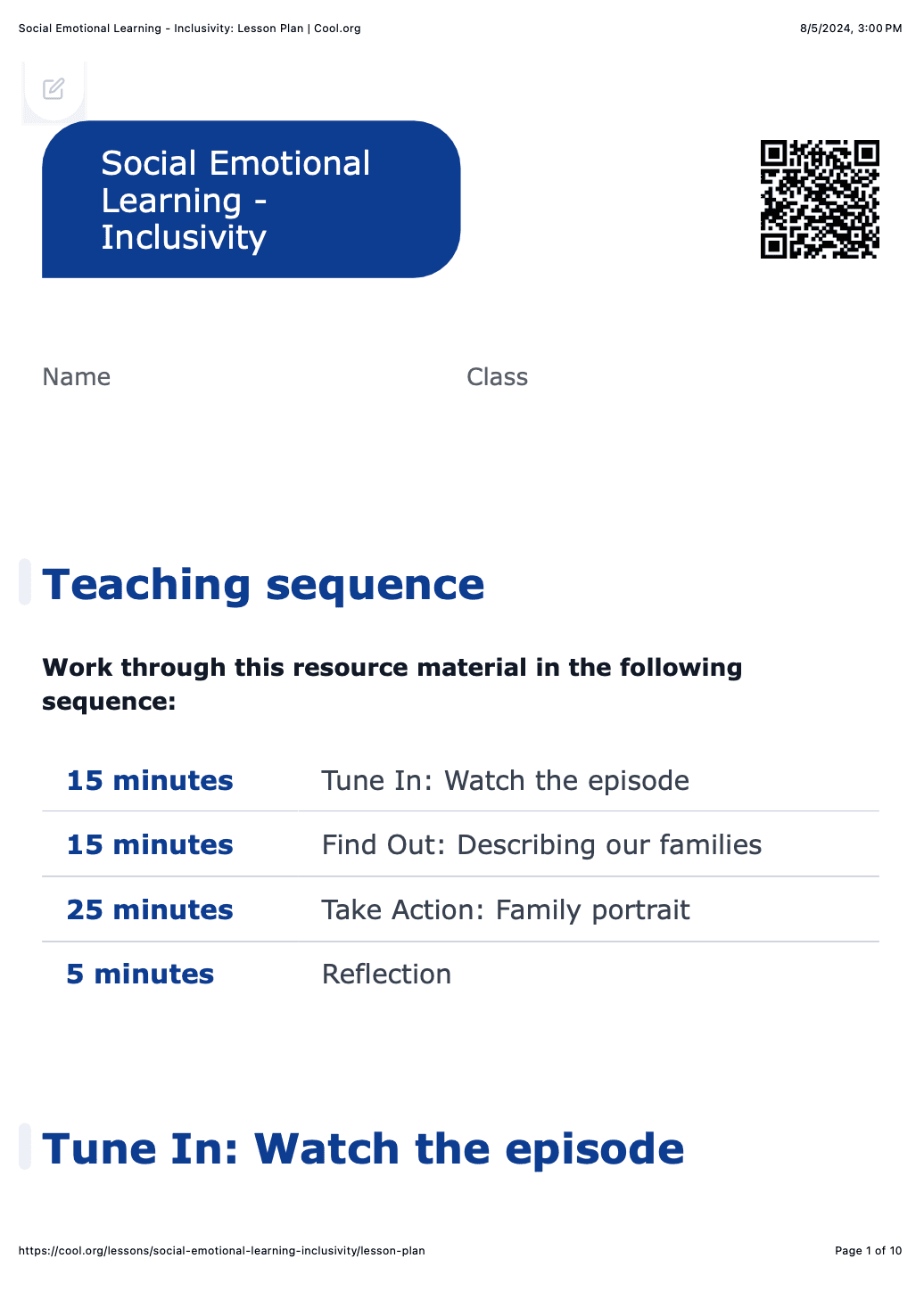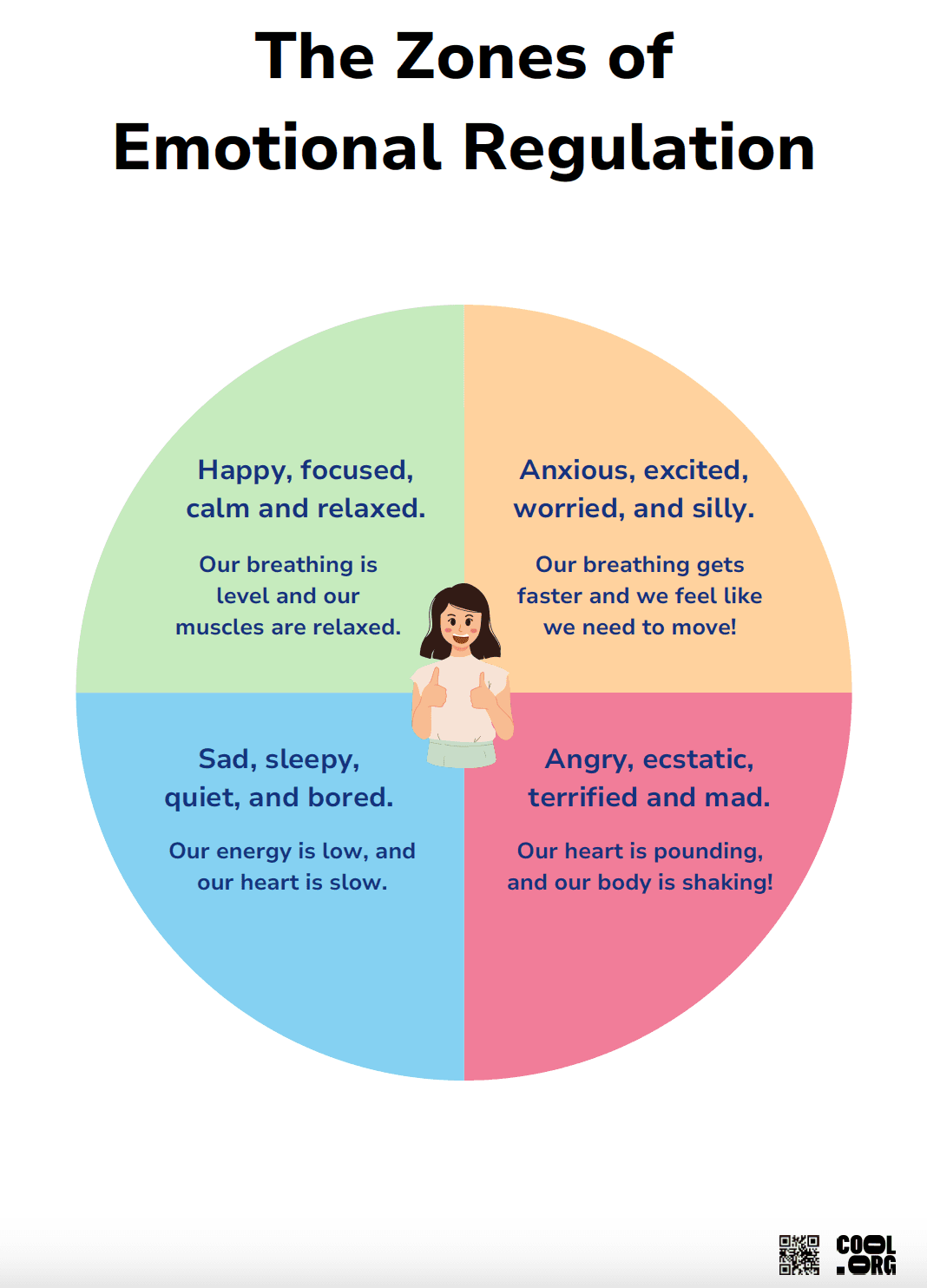Learning intentions
Students will:
- reflect on their personal strengths
- reflect on the qualities of other people.
Success criteria
Students can:
- list achievements or personality traits they are proud of
- use colourful adjectives to describe their family
- create artwork with meanings.


